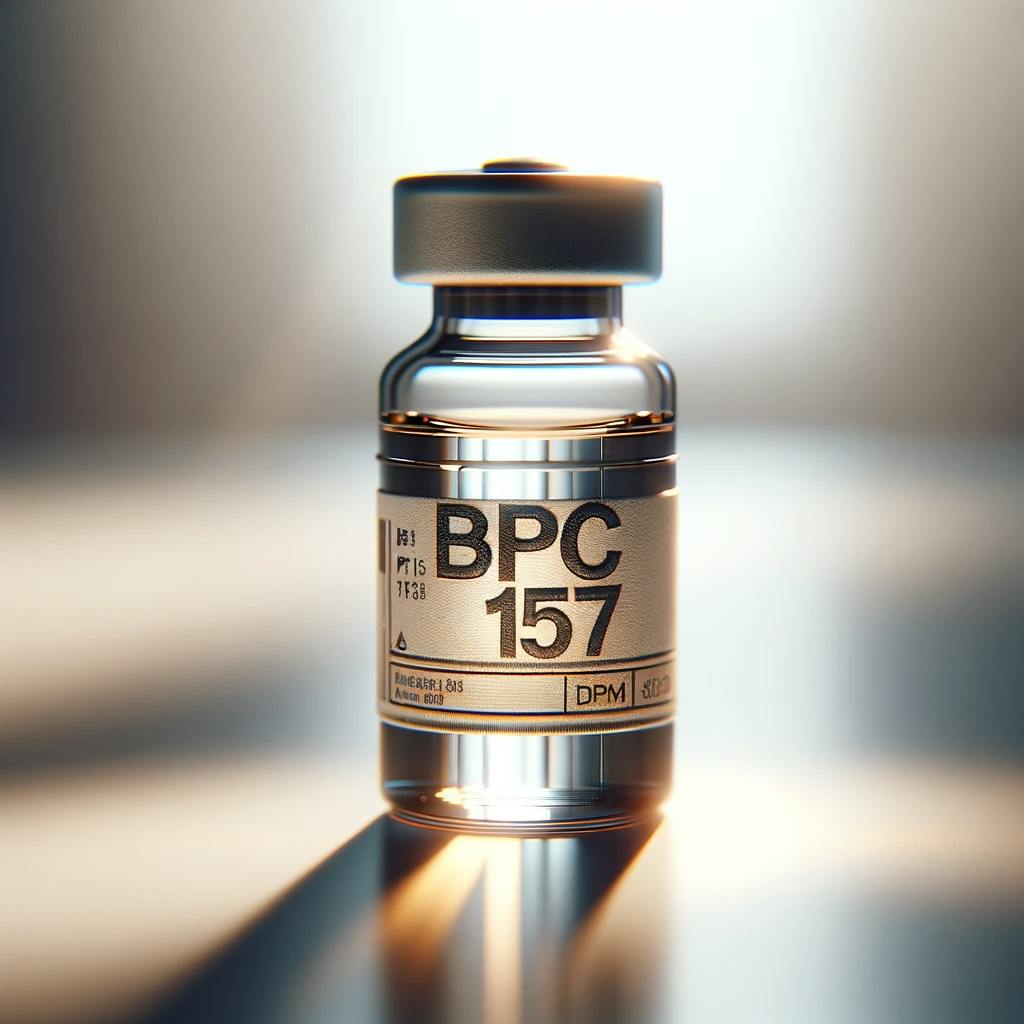Understanding BPC 157 Side Effects

In the realm of regenerative medicine and wellness, peptides have emerged as a beacon of hope for many seeking alternative treatments for various health issues. Among these peptides, BPC 157 stands out due to its purported healing properties. Derived from a protein found in the stomach, BPC 157 has been the subject of numerous studies aiming to explore its potential benefits and side effects. This article aims to shed light on BPC 157, focusing particularly on its side effects, to provide a comprehensive understanding for those considering its use.
What is BPC 157?
BPC 157 is a synthetic peptide that is a partial sequence of body protection compound (BPC) that can be found in human gastric juice. It has garnered attention in the scientific community for its remarkable healing properties, including the ability to accelerate the healing of many different wounds, improve digestive function, and promote the health of the cardiovascular system. Its applications have been explored in various fields, including orthopedics, gastroenterology, and sports medicine, making it a subject of interest for researchers and clinicians alike.
Potential Benefits of BPC 157
Before delving into the side effects, it's important to understand the potential benefits that have made BPC 157 a popular subject of study. Research, primarily animal studies, suggests that BPC 157 may help in:
Enhancing the healing of wounds, bones, tendons, and ligaments
Reducing inflammation
Protecting the body against drug-induced damage
Improving digestive health
Promoting cardiovascular health
Despite these promising benefits, it's crucial to approach BPC 157 with caution, as the research is still in its early stages, and most studies have been conducted on animals rather than humans.
Side Effects of BPC 157
When considering any form of therapy or supplementation, understanding the potential side effects is essential. For BPC 157, the research on side effects is limited, but here are some considerations based on available studies and anecdotal evidence:
Lack of Human Studies: The majority of research on BPC 157 has been conducted on animals. Therefore, the side effects in humans are not well-documented, making it difficult to predict how individuals may react.
Potential for Allergic Reactions: As with any substance introduced to the body, there is always a risk of allergic reactions. Symptoms could range from mild (such as rash or itching) to severe (such as anaphylaxis).
Injection Site Reactions: For those taking BPC 157 via injection, there may be localized reactions at the injection site, including redness, itching, or swelling.
Nausea and Gastrointestinal Discomfort: Some users report experiencing nausea or gastrointestinal discomfort after taking BPC 157, although these symptoms tend to be mild and temporary.
Possible Interactions with Other Medications: There is a potential for BPC 157 to interact with other medications, although specific interactions have not been thoroughly studied. It's crucial to consult with a healthcare provider before starting BPC 157, especially for those on medication.
Conclusion
BPC 157 offers a promising avenue for therapeutic applications, particularly in healing and regenerative medicine. However, the lack of comprehensive human studies means that its side effects and long-term safety profile remain partially understood. For individuals considering BPC 157, it's essential to weigh the potential benefits against the unknowns and consult with a healthcare professional, preferably one experienced in peptide therapy. As the scientific community continues to explore the capabilities and limitations of BPC 157, it is hoped that more light will be shed on its efficacy and safety for human use.
Get $30 off your first month’s order
Enter your email address now to receive $30 off your first month’s cost, other discounts, and additional information about TRT.
Legal Disclaimer
This website is a repository of publicly available information and is not intended to form a physician-patient relationship with any individual. The content of this website is for informational purposes only. The information presented on this website is not intended to take the place of your personal physician’s advice and is not intended to diagnose, treat, cure, or prevent any disease. Discuss this information with your own physician or healthcare provider to determine what is right for you. All information is intended for your general knowledge only and is not a substitute for medical advice or treatment for specific medical conditions. The information contained herein is presented in summary form only and intended to provide broad consumer understanding and knowledge. The information should not be considered complete and should not be used in place of a visit, phone or telemedicine call, consultation or advice of your physician or other healthcare provider. Only a qualified physician in your state can determine if you qualify for and should undertake treatment.